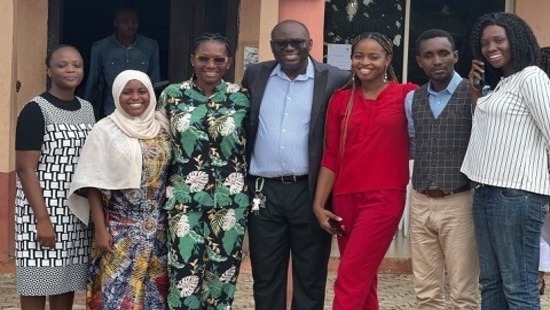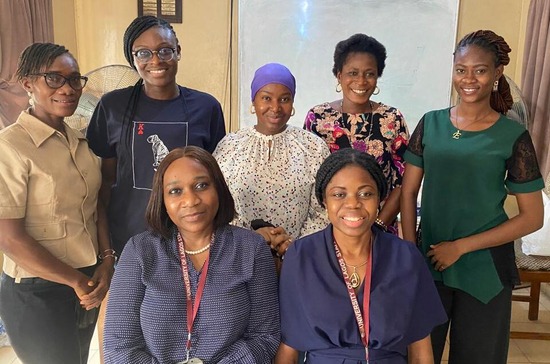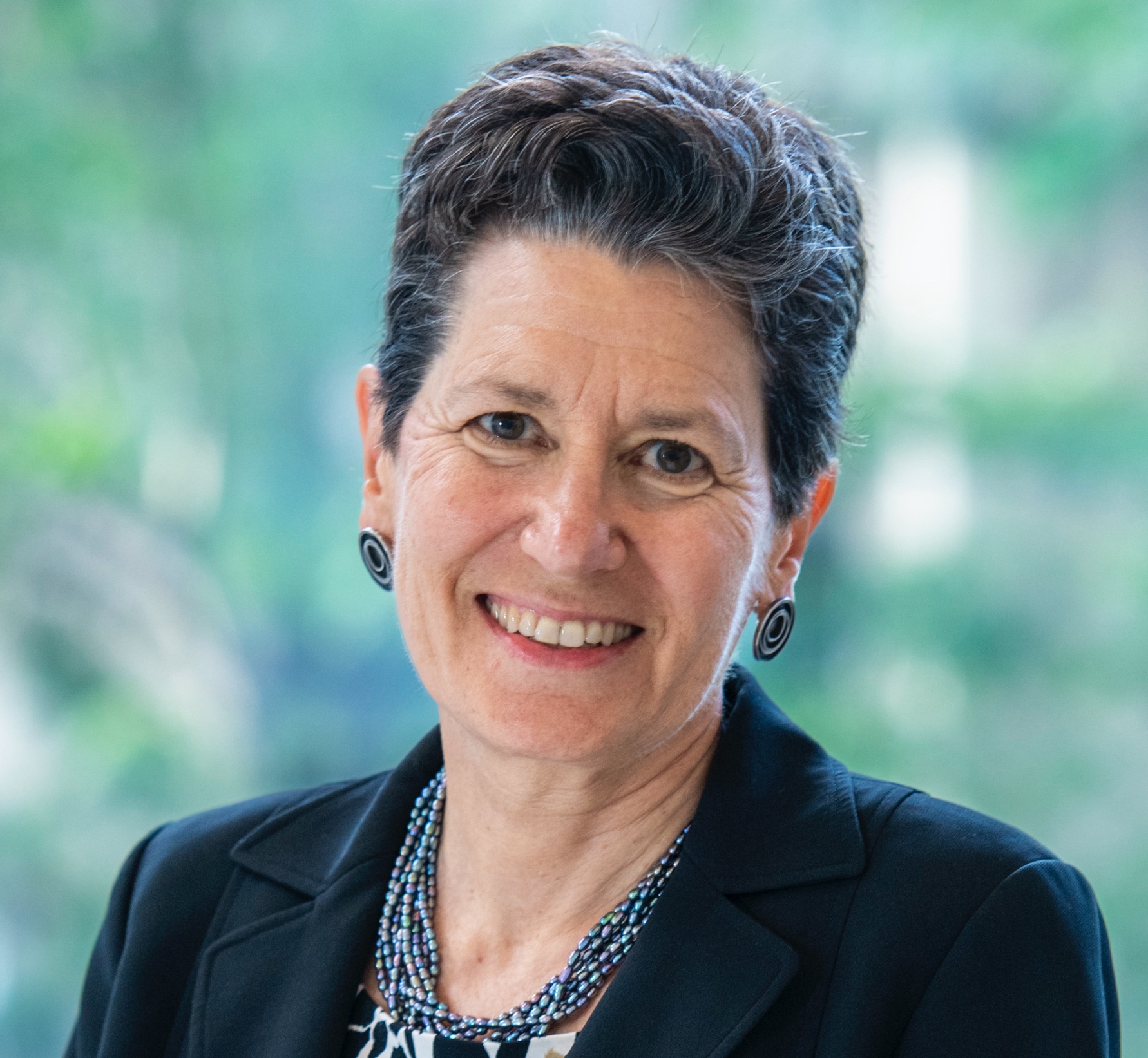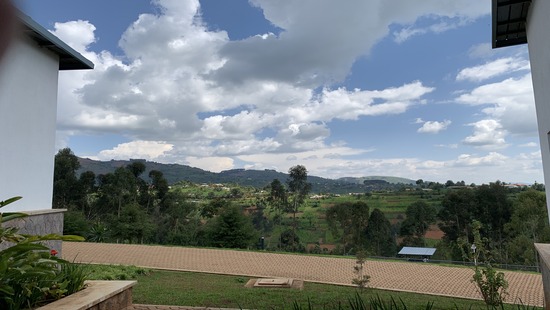Lumati Leads Research on the Impact of Financial Catastrophe and Cancer Care

The global population is aging, including in countries in Africa. Nigeria, a country where primary care is designed to provide maternal and childcare as well as manage infectious diseases, is on track to have one of the largest populations of older adults. A team from the Robert J. Havey, MD Institute for Global Health, working with collaborators in Lagos, Nigeria, has identified barriers to primary care experiences in Nigeria for older people—findings which may lead to the improvement of health services needed for access and care to help healthy aging. The work was conducted through collaboration between Northwestern University Feinberg School of Medicine and the University of Lagos, with funding support from the Havey Institute for Global Health Ryan Family Center for Global Primary Care.

The team aims to improve health services and access to care for older adults in Nigeria.
Results from Factors Influencing Primary Health Care Service Provision to Older Adults in Lagos, Nigeria: Understanding the Experiences of the Demand Population were recently published in BMC Public Health. The paper was authored by Adedoyin Ogunyemi, MBBS, MPH, faculty at the University of Lagos, in collaboration with Lisa Hirschhorn, MD, MPH, director of the Ryan Family Center for Global Primary Care, with research designed to explore the barriers and facilitators to primary healthcare access for older adults in Lagos.
“Improving primary healthcare for older adults requires a reorientation of service delivery towards age-friendly practices that prioritize dignity and responsiveness to their unique health and social needs,” Ogunyemi said.
Using focus group discussions with past and current primary healthcare users, the study identified shared barriers, including affordability, long wait times, and lack of age-appropriate services, while also identifying opportunities such as improved facility accessibility. In response, the team codesigned a clinic to meet the needs and work to overcome barriers.
These findings underscore the need for age-friendly health systems and expanded insurance coverage to better serve Nigeria’s aging population.”

“These findings underscore the need for age-friendly health systems and expanded insurance coverage to better serve Nigeria’s aging population,” said Hirschhorn, who is also a professor of Medical Social Sciences (Implementation Science) and of Psychiatry and Behavioral Sciences and lead of the study at Feinberg.
Future research will focus on evaluating the healthy aging clinic and other age-friendly interventions within primary healthcare systems and developing scalable models for chronic care delivery tailored to older adults.
This study was supported by the Robert J. Havey, MD Institute for Global Health Ryan Family Center for Global Primary Care Global Health Research Catalyzer Award.
Lisa Hirschhorn, MD, MPH, is director of the Ryan Family Center for Global Primary Care at the Robert J. Havey, MD Institute for Global Health and a member of the Northwestern University Clinical and Translational Sciences Institute (NUCATS) and Center for Dissemination and Implementation Sciences in the Institute for Public Health and Medicine (IPHAM).
Learn more about the Ryan Family Center for Global Primary Care by visiting their website.
For details on events, news and funding opportunities, sign up for the Havey Institute for Global Health newsletter.

